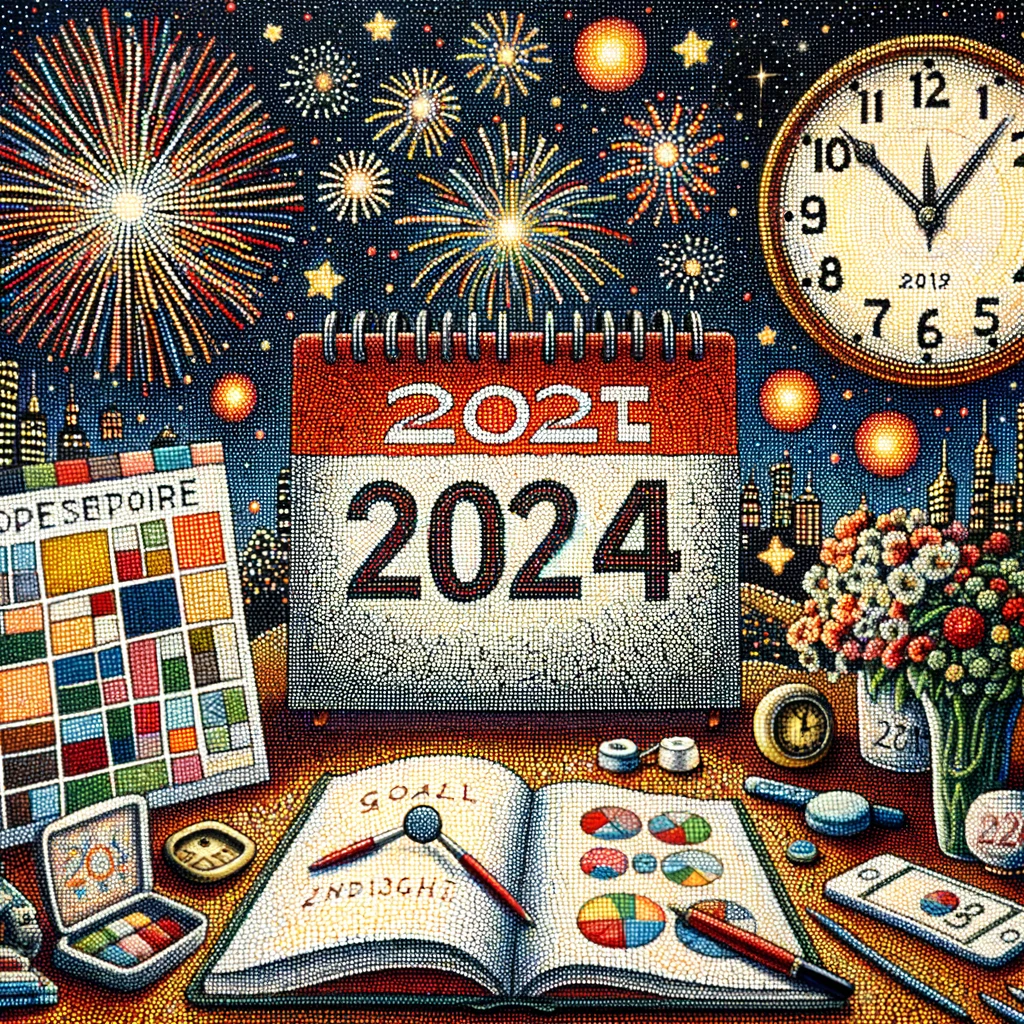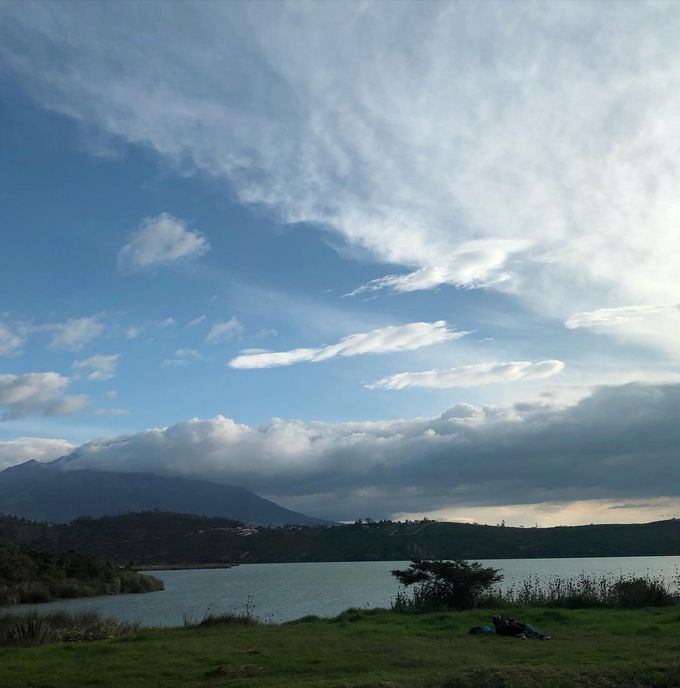
What I learned from coordinating a proposal
As I recently submitted a monster of a proposal, I have, as usual, spent some time navel-gazing over the experience.
It was a massive project: 16 partners, a complex topic related to infrastructure resilience, and a highly competitive funding call. Whether or not the proposal gets funded, the coordination effort itself was quite something – and I am glad I managed to dock that proverbial container ship.
Here’s what I learned along the way:
- Regular meetings bring momentum: I started to work on the proposal by outlining ideas and talking to people in January, We started with consortium calls in April and held monthly meetings after that. As the deadline approached, we switched to weekly meetings. These regular check-ins were crucial, as they helped keep the entire group on track, provided space to address any issues and get everyone’s ideas together, and kept the forward momentum.
- I went for transparency in everything and don’t regret it: One of the biggest challenges was managing the budgets for 16 partners. Sharing all budget iterations openly with the entire group in our Teams folder and during the meetings turned out to be one of the best decisions. Transparency kept everyone informed and made everything feel balanced and honest. I had to go back and forth with some partners, of course, but the experience did not feel like an arm-wrestling game at all, just a collaborative effort to get all the details finetuned.
- Personal communication works well: Chasing people for input is part of the process, but I discovered that targeted emails worked far better than general reminders. Addressing individuals with clear, task-specific messages made them more likely to respond with the information I needed, and when necessary, I shot in a few one-on-one meetings to make sure I got everyone’s expertise properly reflected in my writing.
- I developed technical knowledge: The proposal itself required me to think about infrastructure resilience in a much broader way than I had before. This felt like a literature review on steroids to me, and gave me new perspectives that I wouldn’t have gained otherwise (and ideas for many new other projects and proposals).
- Leadership lessons: Coordinating a group of 16 partners to develop a proposal certainly sharpened my leadership skills – in a different way from leading technical committees and other volunteering efforts. From motivating people to coordinating the technical contents, the process demanded clear communication, taking the ship by the steering wheel, and finding a balance between making decisions and getting input. These are skills I’ll carry forward into other aspects of my career.
- Collaboration is a byproduct as well: Regardless of the funding outcome (the call is So Competitive), the process brought new collaborators into my network and gave me an opportunity to work on something tangible with other professionals I know via committee work. These new and deepened partnerships have value beyond this proposal and will hopefully lead to future opportunities – whether through this project or other proposals or collaborations.
- Growing growing growing: This experience stretched me professionally in ways I didn’t expect – I think I load tested myself with this experience. It was a significant effort in terms of research and leadership, and I hope it will be recognized positively within my university during my annual evaluation. I’m grateful for the people who trusted me to lead a consortium to a proposal for the first time in my career, and I feel confident I can do this again in the future (but not too soon, I need to recover a bit first).
Coordinating this proposal was a lot of work—340 hours spread out over several months. But it was certainly worth it. Even if this particular proposal doesn’t get funded, the skills, knowledge, and collaborations that came out of it are valuable in their own right.
Have you coordinated a proposal before? What lessons did you take away from the experience? I’d love to hear your thoughts!



